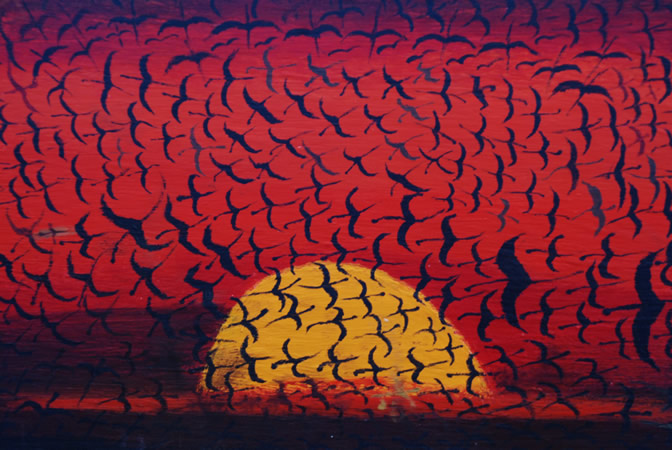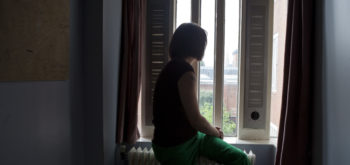Calls will be made today to end disproportionate custodial sentencing of marginalised BAME women from a coalition of experts to tackle ‘persistent racism and gender inequality’ in the criminal justice system. Five years on from David Lammy’s review into race and the criminal justice system, campaigning groups comprising Agenda, Women in Prison, Hibiscus, Muslim Women in Prison, Zahid Mubarek Trust, Criminal Justice Alliance and Women in Prison will launch a 10-point action plan calling for reforms to ‘stamp out systemic biases’ and publish data on racial disparities in women’s contact with the criminal justice system.
‘Too-often ignored, women face the “double disadvantage” of gender inequality and racism when they encounter the criminal justice system,’ the coalition argues. ‘This stops them from getting the support they need both within the system and when they try to rebuild their lives outside, leaving them at risk of reoffending.’ The groups call on the government to ensure use of diversion and out of court disposals and ‘end the use of disproportionate custodial sentencing and remands’ for BAME and migrant women; train criminal justice staff on culture, ethnicity, race, faith, gender and anti-racism; and recruit Black, Asian, minoritised and migrant women with lived experience of the CJS to become peer mentors.
‘Currently there are unacceptable levels of inequalities in the criminal justice system, that result in many Black, Asian, minoritised and migrant women suffering,’ commented Marchu Girma, chief exec of Hibiscus which works with Black, minoritised and migrant women. ‘I am certain these inequalities are not mountains that cannot be moved.’
Indy Cross, CEO of Agenda, a group representing women and girls at risk, said it was ‘a national shame’ that the justice system consistently fails so many women. ‘The double disadvantage of structural racism and gender inequality in the criminal justice system must be tackled.’
The coalition points to evidence that Black, Asian, minoritised, and migrant women were more likely to face harsher treatment across the justice system. Almost nine out of 10 women (85%) that Hibiscus work with have experienced gender-based violence. Most women in prison are serving serving short sentences for non-violent offences. ‘Many face further abuse and vulnerability as they experience the “ripple effects” of criminal justice involvement like worsening mental health, isolation, and poverty,’ the coalition says. ‘These experiences can be compounded by racism, prejudice and discrimination. Structural racism and socioeconomic inequalities intersect with gender inequality and disproportionately places them at risk of experiencing further disadvantage.’
According to the Ministry of Justice’s statistics quoted in the report, women from BAME backgrounds are twice as likely to be arrested in comparison to white women. Despite ‘extreme levels of need’, they face limited access to specialist support and were ‘simply left to deal with their entrenched experiences of trauma alone’.
Ivory, a woman with experience of the criminal justice system and supported by Hibiscus, spoke about the ‘discrimination and racism against Black and Asian women because of how we look and the colour of our skin’. ‘The way staff address white people is different, and I suffered bullying because of this,’ she said.






